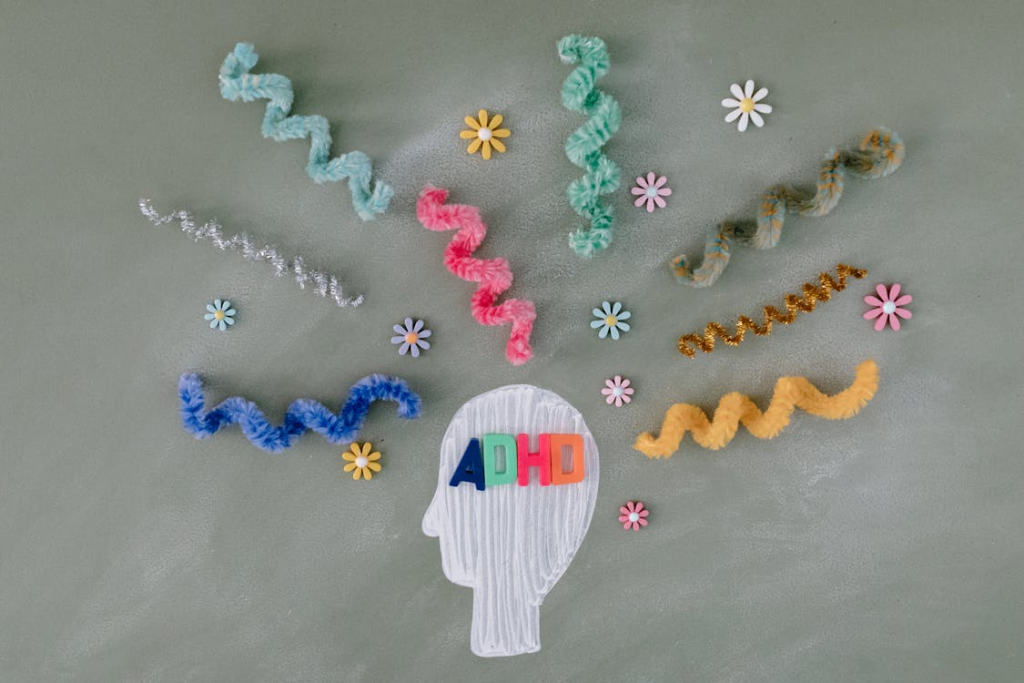Attention-deficit hyperactivity disorder (ADHD) is a neurodevelopmental condition that affects millions of children worldwide. Often characterized by persistent inattention, hyperactivity, and impulsivity, ADHD can significantly impact a child’s ability to function in daily life, particularly in school and social settings. Recognizing the signs of ADHD early on is critical in ensuring children receive the appropriate care and support they need to succeed. Early intervention can improve a child’s behavior, emotional regulation, and academic performance. For parents who are unsure about whether their child may be exhibiting symptoms of ADHD, seeking an ADHD Therapist can provide valuable guidance and support in the diagnosis and treatment process.
Understanding ADHD in Children
ADHD manifests in a variety of ways and affects each child differently. However, some common signs can help parents, teachers, and caregivers identify potential ADHD symptoms. A child with ADHD may have trouble paying attention to tasks, become easily distracted, or have difficulty following instructions. They may also exhibit impulsive behavior, such as speaking out of turn, interrupting others, or struggling with patience. Additionally, children with ADHD often have a high energy level. They may find it challenging to sit still or stay quiet during activities that require focus, such as reading or working on homework.
Recognizing these behaviors early can make a significant difference in how well a child copes with ADHD. Without intervention, these symptoms can worsen over time, potentially leading to academic struggles, strained relationships, and emotional distress. However, when these signs are identified and addressed early, children are more likely to experience positive outcomes. For instance, early intervention can provide children with strategies to improve their focus, regulate their emotions, and build social skills. This can help them navigate challenges more effectively and set them up for academic and personal success.
The Benefits of Early Intervention
The benefits of early intervention for children with ADHD cannot be overstated. Studies have shown that children who receive timely treatment and support for ADHD have a better chance of improving their social, emotional, and academic functioning. One of the most significant advantages of early intervention is that it allows children to develop coping mechanisms and skills that help them manage their symptoms. For example, behavioral therapy can teach children how to regulate their emotions, practice mindfulness, and engage in structured activities that promote focus and attention. This support helps children build the confidence they need to succeed in various settings, such as school and home.
Moreover, early intervention can reduce the likelihood of co-occurring mental health issues, such as anxiety and depression, which are often seen in children with untreated ADHD. Addressing ADHD symptoms early can prevent these additional challenges from arising, allowing children to thrive emotionally and socially. Furthermore, early treatment may help avoid academic underachievement and behavioral problems that could impact a child’s self-esteem and long-term success.
How to Recognize the Signs of ADHD in Children
Recognizing the signs of ADHD early is essential, as it enables parents and caregivers to take action and seek professional help. While each child is unique, some general behaviors may signal the presence of ADHD. These signs include chronic forgetfulness, difficulty staying organized, and frequent fidgeting. Children with ADHD often have trouble staying focused on tasks for extended periods, whether in school or at home. They may be easily distracted by external stimuli and frequently shift from one activity to another without completing the task. These children may also struggle with following directions, particularly when multiple steps are involved, and they may exhibit poor impulse control.
If a child exhibits several of these behaviors over an extended period, it may be a sign of ADHD. Parents and caregivers should not ignore or attribute these signs solely to typical childhood behavior. The earlier ADHD is diagnosed and treated, the better the outcomes for the child. If you suspect that your child may have ADHD, it is crucial to seek help from a qualified professional, such as a pediatrician, psychologist, or ADHD Therapist. These experts can provide a comprehensive evaluation and create a treatment plan tailored to the child’s specific needs.
Conclusion
In conclusion, early intervention is key to helping children with ADHD lead successful and fulfilling lives. Recognizing the signs of ADHD early on allows parents, teachers, and caregivers to provide the necessary support and resources for children to thrive. Whether through behavioral therapy, medication, or educational accommodations, timely intervention can significantly improve a child’s ability to manage their symptoms and overcome challenges. If you suspect that your child may have ADHD, don’t hesitate to seek help from an experienced professional, such as an ADHD Therapist. With the right support, children with ADHD can develop the skills they need to succeed in school, at home, and in life.
